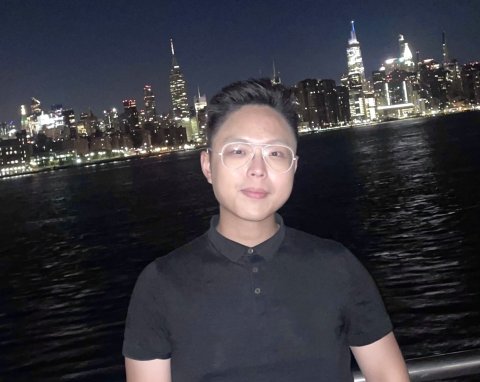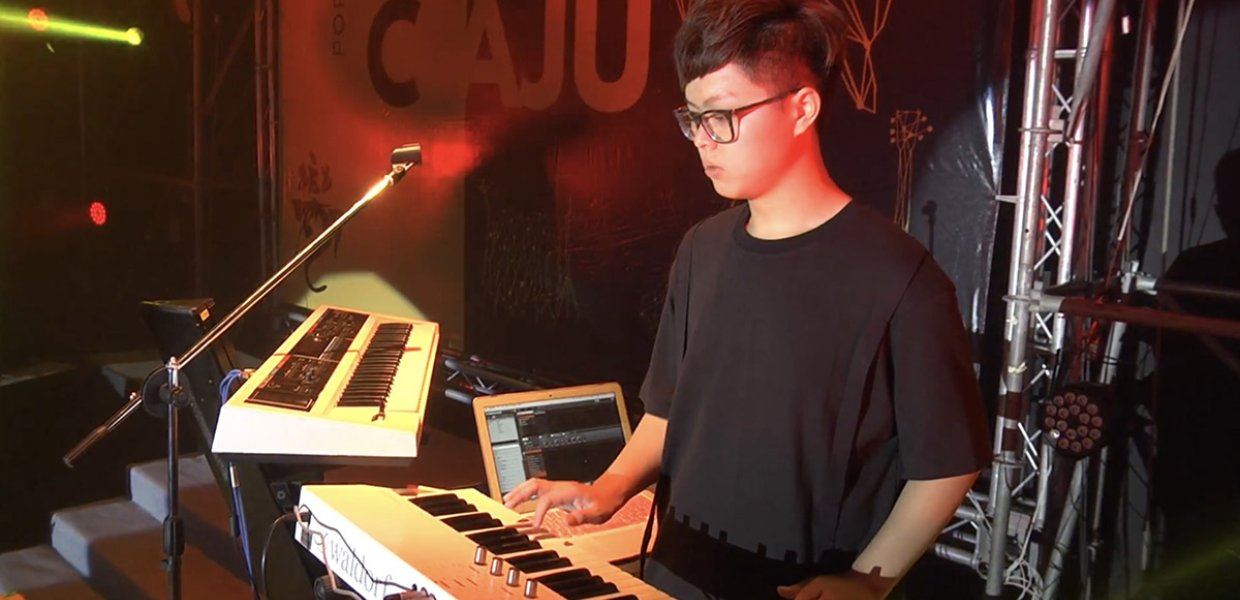Standing behind his turntable at his favorite hot spot, event promoter and DJ Stephen Yang was surprised to be thinking about research. While focused on bringing people together to enjoy music and “the vibes,” he was equally interested in untangling the nuances and behaviors that bonded his community.
“One of the first research projects I worked on concerned how people made sense of smartphones in underground electronic music scenes,” Yang said. “That’s the first time I started thinking about using research as a tool and a lens to examine social phenomena. I started seeing the strength and potential of research as a way to illustrate what was really happening in the world around me.”
Soon, research became his calling.
Yang found himself immersed in qualitative-interpretive research, interviewing and observing nightclub promoters and goers to learn how the use of technologies impacted their day-to-day lives.”
“I was looking at how smartphones are changing how they co-construct a shared culture of secrecy as part of my undergraduate honors thesis,” he said. “After working on the project, I started contemplating going to graduate school to pursue research full-time and to make this into my career.”
Now, as a doctoral student at USC Annenberg, Yang plans to examine the on-the-ground practices of technologists and media professionals as they design and use generative artificial intelligence (AI) for content creation. Supported by the National Science Foundation's Graduate Research Fellowship Program, he wants to understand how the advent of these technologies will reshape the cultures of production and the cultural landscape they can produce.
“We’re talking about things like writing assistants and smart design templates. These are data-driven tools that could automate the process of content creation on behalf of human producers. I’m interested in how these technologies are changing how we think about trustworthiness in journalism, authenticity on social media, and originality in storytelling,” Yang explained.

“My hope is that I can bring a humanistic perspective to the really cutting-edge technologies like generative AI,” Yang said. “Now is a perfect time, the technologies are advancing rapidly, we’re witnessing early adoptions of these tools, and the public discourses are still unfolding. I want to bring a critical lens to the buzz around generative AI by studying the contemporary moments where people are still making sense of what they want to do with this new generation of AI.”
Born and raised in Taipei, Taiwan, he earned his bachelor of science degree in communication and information science from Cornell University. He was a research intern at the Social Media Collective at Microsoft Research New England. He has also worked in journalism and advertising at the Taipei Times and Wunderman Thompson.
Last fall, Yang presented his project, "From 'Text for Location’ to ‘No Phone on the Dancefloor: Negotiating Visibility in Underground Electronic/Dance Music," at the Association of Internet Researchers’ Internet Research Conference in Dublin, Ireland.
Yang said he chose USC Annenberg because of the expert faculty, ability to cross disciplines, and opportunity to bridge conversations that he believes are currently happening in silos.
He recalls taking a campus tour with other prospective students in the PhD program.
“I felt so inspired when talking to everyone and realized how we have this shared boldness to forge our own paths. People at Annenberg are not afraid to delve into topics that do not squarely fit in established lines of research, even when that means taking on the extra challenge of piecing together seemingly disparate perspectives,” said Yang, who will soon move to Los Angeles after completing mandatory military service in Taiwan.
Still a big fan of electronic music, Yang is excited to experience the LA music scene. Lately, he’s also found himself researching local thrift stores. A fan of sustainable fashion, he likes finding pieces and sorting through racks to find items that help him express his identity. A
“The dynamic setting of LA will definitely help ease my transition into graduate school,” he said. “LA just feels like the right place to be for my PhD journey. I look forward to having new cultural experiences that could electrify my perspective as a researcher of technology and culture.”
